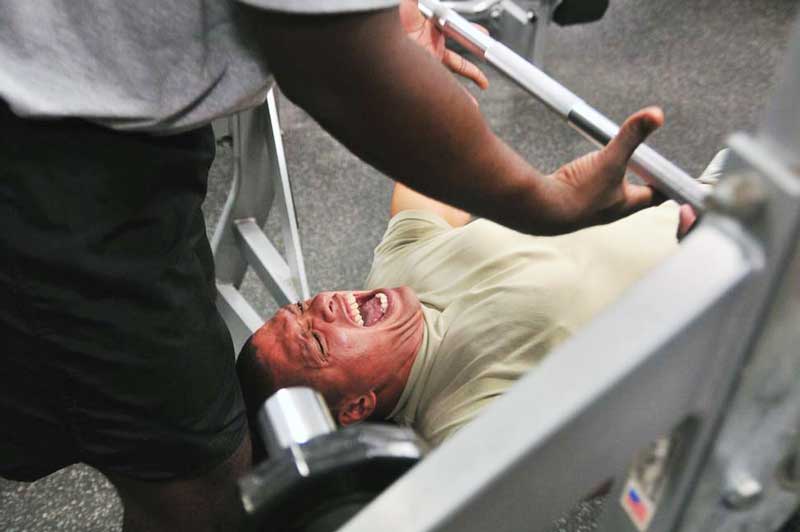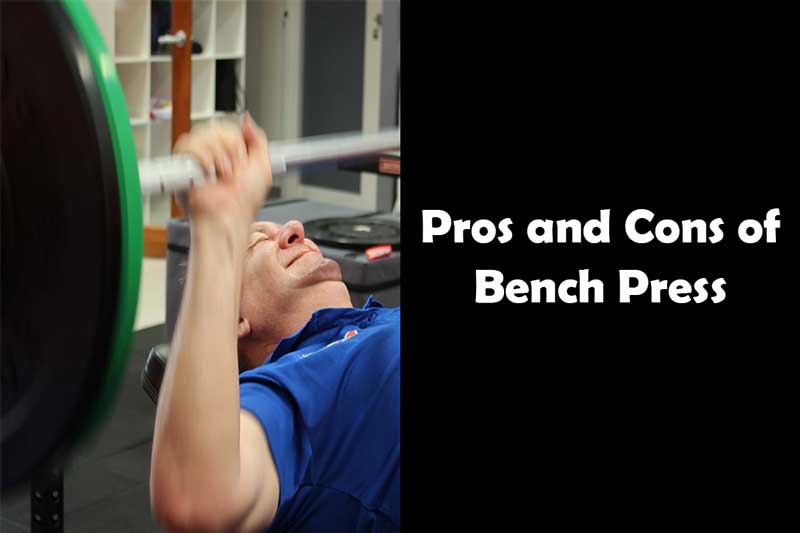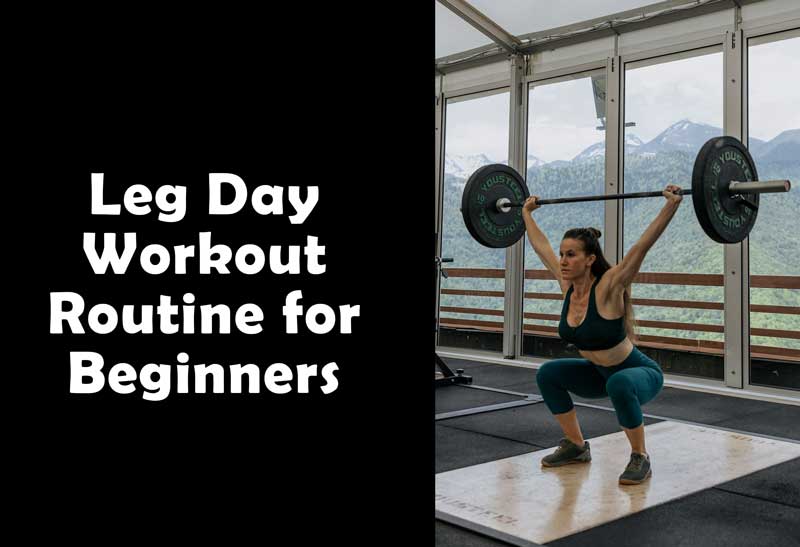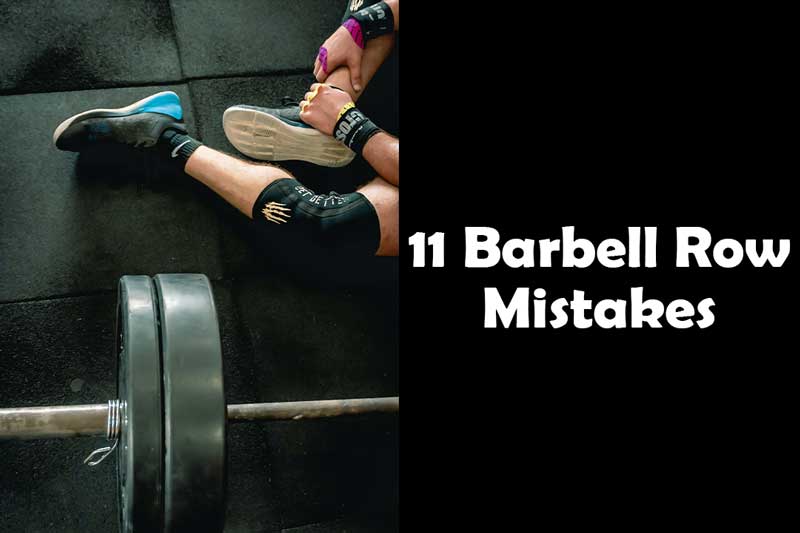Whether you are an avid gym-goer or a fitness enthusiast, understanding the pros and cons of bench press is essential to make informed decisions about incorporating it into your workout routine.
Bench press, one of the classic and widely practiced exercises in the world of fitness, has gained popularity for its ability to build upper body strength and muscle mass. When it comes to chest exercises, there will be hardly anyone who won’t be knowing about bench press and its variations.
In this article, we will delve into the advantages and disadvantages of bench press, offering you a comprehensive overview of this iconic exercise.
Understanding Bench Press
Bench press is a compound exercise that primarily targets the chest, shoulders, and triceps. It is not limited to these muscles only, many other small muscles are also activated. Hence, making it a compound exercise.
It involves lying flat on a weight bench while lifting a barbell loaded with weights, pushing it away from the chest and then bringing it back down. The movement simulates pushing actions, similar to those encountered in daily life.
Let’s now dive into the 10 pros and cons of bench press.
The Pros of Bench Press
1) Enhanced Upper Body Strength
Bench press is unparalleled when it comes to developing upper body strength. It engages various muscle groups simultaneously, leading to significant gains in the chest, shoulders, and triceps.
The compound movement recruits multiple muscles, allowing you to lift heavier weights and build strength more efficiently.
2) Muscle Mass Development (Best Pros of Bench Press)
For individuals seeking muscle hypertrophy, bench press can be a game-changer. By creating muscle tension and micro-tears, it promotes muscle growth when followed by proper nutrition and adequate rest.
The more you advance in this exercise, that is the more reps and weights you start lifting the more muscle mass you will develop.
3) Core Stabilization
A strong core is essential for overall stability and injury prevention. Bench press activates the core muscles to stabilize the body throughout the movement, improving core strength over time.
A good core will help you lift and isolate the muscles effectively. Hence, increasing the muscle-mind connection.
4) Versatility in Variations
Bench press offers a wide range of variations, including flat bench press, incline bench press, decline bench press, and dumbbell bench press.
Each variation targets different muscle fibers, providing a diversified workout routine. There are machines made and available for these exercises as well, they are often called bench press machines or chest press machines.
5) Increased Bone Health
Weight-bearing exercises like bench press can enhance bone density, reducing the risk of osteoporosis and fractures in the long run.
Bone health will further help you lift more weights and more muscle development. It is all interconnected.
6) Boosts Upper Body Aesthetics (One of the best Pros of Bench Press)
The sculpting effect of bench press on the chest and shoulders contributes to a well-defined upper body, which is aesthetically appealing to many.
And with the increase in social media influence, having an aesthetic upper body won’t hurt.
However, keeping aside aesthetics, having a bigger upper body for men is a great confidence booster and a sign of masculinity. This doesn’t mean you skip leg day.
7) Boosts Metabolism
As a compound exercise, bench press elevates your metabolism, leading to increased calorie burn even after your workout.
As you lift heavier, overtime you will gain muscles and having more muscles leads to an increase in metabolism.
8) Mental Health Benefits (Hidden Pros of Bench Press)
With all the hype in physical fitness and physical aesthetic, mental health often is left aside. Regular exercise, including bench press, releases endorphins, which can elevate mood, reduce stress, and combat anxiety and depression.
9) Functional Strength Gains
Bench press improves functional strength, making everyday tasks like lifting objects or pushing heavy doors more manageable.
As you start to lift heavier on bench press, you will notice lifting things on a daily basis becomes easy.. Further this also helps in having a good grip on weights.
10) Time Efficiency
Completing one set of bench press effectively engages multiple muscle groups, saving time during your workout session.
To make it even more time efficient, many incorporate doing super sets as well.
The Cons of Bench Press

1) Risk of Injuries
Bench press, particularly when performed with improper form or excessive weight, can lead to injuries, such as shoulder impingement or pectoral strains.
Ego lifting can lead to such injury. Advancing too much on weights too soon can also lead to minor or major injuries.
2) Overemphasis on Pectoral Muscles
While bench press targets various upper body muscles, there can be an overemphasis on the pectoral muscles, potentially leading to muscular imbalances.
An overall exercise routine can tackle this problem. Try to do all the muscle groups in a week.
3) Lack of Full Body Engagement
Bench press primarily focuses on the upper body, neglecting the lower body and other muscle groups, which might require additional exercises to ensure balanced development.
Many people who might want to do exercises that involve the full body may not benefit from this exercise alone. On the other hand, it is good for people who want to isolate their chest and just want to do chest exercise.
4) Potential Muscle Imbalances
Focusing solely on bench press without incorporating complementary exercises can lead to muscle imbalances, affecting posture and overall performance.
As it only activates the major chest muscles, there are various small muscles and fibers that cannot be activated with only doing bench presses. So, for this, including other chest exercises is the best.
5) Excessive Stress on Shoulders (Most Common Cons of Bench Press)
Individuals with existing shoulder issues may find bench press exacerbates their conditions due to the considerable stress placed on the shoulder joints.
The heavier you lift the more your shoulders will get engaged. Lifting more than your strength will also lead to more shoulder usage. All this can put unnecessary load on the shoulder and poor chest activation.
6) Not Suitable for Everyone
Bench press may not be suitable for beginners or those with specific health conditions, necessitating alternative exercises to start their fitness journey.
One of the issues is for those who have shoulder injuries. This can be very challenging for these people. Also, it can be very uncomfortable for those who don’t have much experience and they might notice imbalance while lifting.
7) Plateau Effect (Cons of Bench Press for Advance Athletes)
Like any exercise, bench press gains can plateau over time, requiring changes in training variables to continue progress.
This is a very bad place for any lifter who wants to progress more. The only solution is too push harder and take things slowly, like increasing the weights overtime.
8) Dependency on Spotter
Lifting heavy weights during bench press necessitates a spotter for safety, limiting workout independence.
If you try to do it without a spotter, you might injure yourself, if you are lifting more than your strength.
Still you can advance without spotter, you just have to take things slow and progress overtime as you gain confidence.
9) Limited Cardiovascular Benefits
Bench press primarily focuses on strength training and does not provide significant cardiovascular benefits, necessitating supplementary exercises for cardiovascular health.
To gain cardiovascular benefits, one has to incorporate cardio alongside bench press.
10) Limited Accessibility
It is limited to having proper setup or weights to do so. It cannot be done at home or anywhere. You need to have weights and a bench for dumbbell bench press or access to gym.
Bench Press Pros & COns In Short
Bench press is undeniably a valuable exercise for enhancing chest, upper body strength, building muscle mass, and improving core stability.
But with great pros, bench press do have some cons as well. However, it is crucial to be aware of its potential drawbacks, such as injury risks and muscle imbalances.
To maximize the benefits while minimizing the risks, incorporating bench press into a well-rounded workout routine that includes other exercises is recommended.
FAQs
1) Is bench press suitable for beginners?
Yes, bench press can be suitable for beginners, but it’s essential to start with lighter weights and focus on proper form.
2) How often should I do bench press in a week?
The frequency of bench press sessions depends on your fitness level and goals. For most people, 1-2 sessions per week are sufficient. Try to do 3 sets each time.
3) Can bench press help in losing belly fat?
Bench press primarily focuses on building strength and muscle mass, not directly targeting belly fat. A combination of strength training and cardio exercises can aid in fat loss.
4) Should I perform bench press with a barbell or dumbbells?
Both barbell and dumbbell bench press have their advantages. Dumbbells can offer better stability and isolate each side of the body, while barbells allow for heavier lifting.Alternate between two for better control and confidence.
5) Can bench press help in improving sports performance?
Bench press can contribute to overall upper body strength, which might benefit certain sports that involve pushing or lifting movements. However, it should be combined with sport-specific training.
See you next time, till then, Say Yes to Strength





